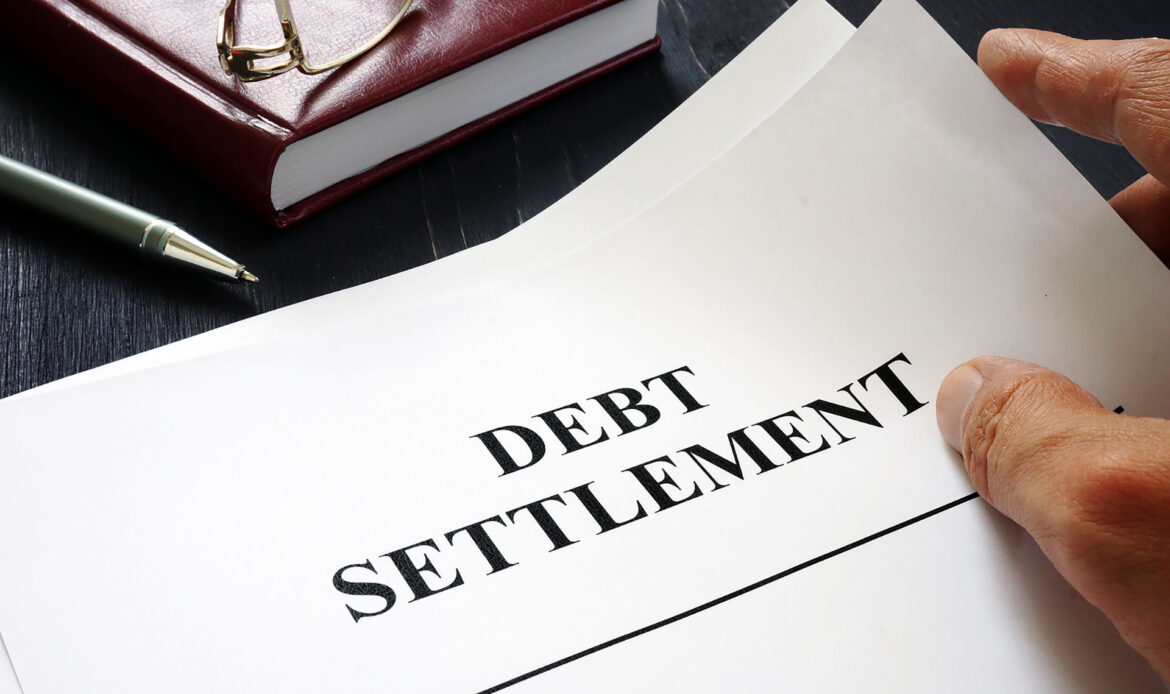When you get behind on paying back a debt, a creditor can try to collect on it in a number of ways. If you’re in this situation, then you may already be aware of the initial way creditors try to collect. They try to contact you directly, repeatedly. The creditor may call, text, email, or mail correspondence to remind you about – and then, demand – your payment.
For credit cards and installment loans, the account will go to a Charge-Off status, typically, after 4 – 6 months of delinquency. “Charge-off” is when the creditor deems the debt uncollectible, but it does not mean that the debt is not necessarily forgiven or canceled entirely. Be prepared for collection efforts to intensify.
After Charge-Off, the creditor will likely transfer the debt to their internal collections unit, to an outside (third-party) collection agency, or to a collections law firm. The creditor may also sell the debt to an independent company who will try to collect from you.
If the collection company is unsuccessful in receiving payment from you, the creditor’s next step will be to file a lawsuit. Their goal is to motivate you to pay or work out payment terms or, ultimately, to obtain a judgment against you. After a lawsuit is filed, the creditor must serve the paperwork on you and you will then have an opportunity to answer to the lawsuit stating your defenses. If you do not file an answer timely, the creditor may win the suit by your default, and then obtain a court judgment against you.
With a judgment the creditor has at least three ways to collect the money against your will.
- Garnishing your wages. A wage garnishment means that a portion of your paycheck will be paid to the creditor until the debt is satisfied.
- Levying your bank account. A levy against your bank account means that the creditor will be able to seize money right out of your account to satisfy the debt. (Note, some bank assets are automatically protected.)
- Filing an Abstract of Judgment. When an Abstract of Judgment is filed in a county in which you own real estate, a lien (“judgment lien”) will be created against that property. So, if you try to sell or refinance the property, the debt will need to be paid before the transaction can be completed. Also, if you do not own real estate in that county, but later try to buy some, the purchase will not be allowed (by a title insurance company) until the debt is paid.
“Absolutely love Andy and Darren, they explained my chapter 7 BK in full detail and were with me every step of the way.”
Micael C.
It is important to note that creditors are subject to certain laws and regulations when it comes to collecting debts. For instance, creditors are prohibited from harassing or threatening those who owe money. Furthermore, creditors must not provide false information and must follow certain procedures when garnishing wages or levying assets.
If you are being contacted by a creditor about a debt, you should be aware of your rights and options. It is important to speak with an attorney to protect your rights and to discuss your options – including negotiation to reach a discounted settlement or payment plan with the creditor, or you may be able to file for bankruptcy to discharge the debt.
The experienced bankruptcy attorneys at DiMarco Warshaw, APLC can determine your options and your best solution to eliminate your debt. Andy Warshaw is certified by the State Bar of California as a Specialist in Bankruptcy Law. Attorney Darren DiMarco has over 20 years of experience resolving debt related matters, especially for business owners and homeowners.
To speak to an attorney with your best interests in mind, schedule a free evaluation here https://calendly.com/dimarcowarshaw/20min or call us directly at 888-890-5474.




